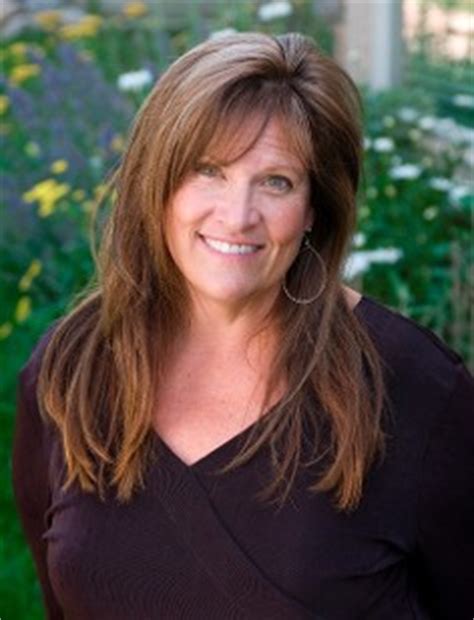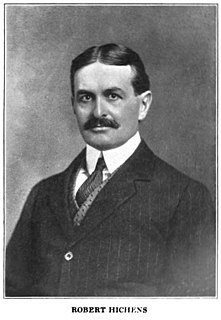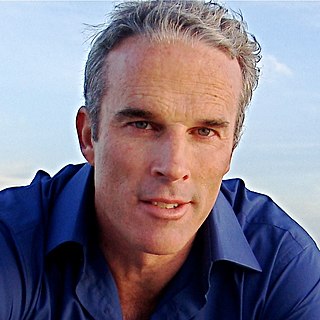A Quote by John Desmond Bernal
The beauty of life is, therefore, geometrical beauty of a type that Plato would have much appreciated.
Quote Topics
Related Quotes
Under the microscope, I found that snowflakes were miracles of beauty; and it seemed a shame that this beauty should not be seen and appreciated by others. Every crystal was a masterpiece of design and no one design was ever repeated., When a snowflake melted, that design was forever lost. Just that much beauty was gone, without leaving any record behind.
Since I ought to be arrogant, impressed with my social position, overwhelmed by my beauty, therefore I am. Actually I was never my own type so I completely missed my beauty all through my youth. I have no social position and I stay away from what is known as society as much as possible. But people like to re-invent you, according to cliché.
Ways of loving from a distance, mating without even touching-Amor platonicus! The ladder of love one is expected to climb higher and higher, elating the Self and the Other. Plato clearly regards any actual physical contact as corrupt and ignoble because he thinks the true goal of Eros is beauty. Is there no beauty in sex? Not according to Plato. He is after `more sublime pursuits.' But if you ask me, I think Plato's problem, like those of many others, was that he never got splendidly laid.
The beauty in the story is at one with suffering. That is also part of our upbringing - we don't think there could be beauty
otherwise. Beauty is the result of having been through an experience all the way through to the end - therefore it has a poignancy. Beauty that is
singular always comes from following an experience to the point where you can go no further.
People talk so much to me about the beauty of confidence. They seem to entirely ignore the much more subtle beauty of doubt. To believe is very dull. To doubt is intensely engrossing. The Apostle Thomas was artistic up to a certain point. He appreciated the value of shadows in a picture. To be on the alert is to live. To be lulled into security is to die.
In the most general terms, the Enlightenment goes back to Plato's belief that truth and beauty and goodness are connected; that truth and beauty, disseminated widely, will sooner or later lead to goodness. (While we're making at effort at truth and goodness, beauty reminds us what we're hold out for.)
Fresh beauty opens one's eyes wherever it is really seen, but the very abundance and completeness of the common beauty that besets our steps prevents its being absorbed and appreciated. It is a good thing, therefore, to make short excursions now and then to the bottom of the sea among dulse and coral, or up among the clouds on mountain-tops, or in balloons, or even to creep like worms into dark holes and caverns underground, not only to learn something of what is going on in those out-of-the-way places, but to see better what the sun sees on our return to common every-day beauty.





































